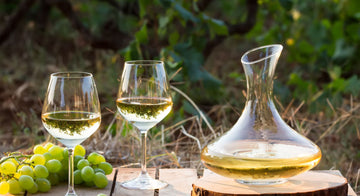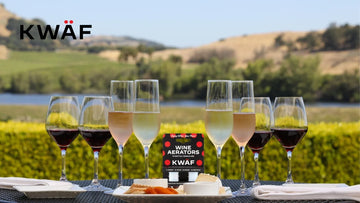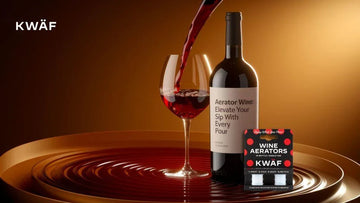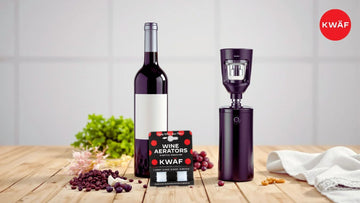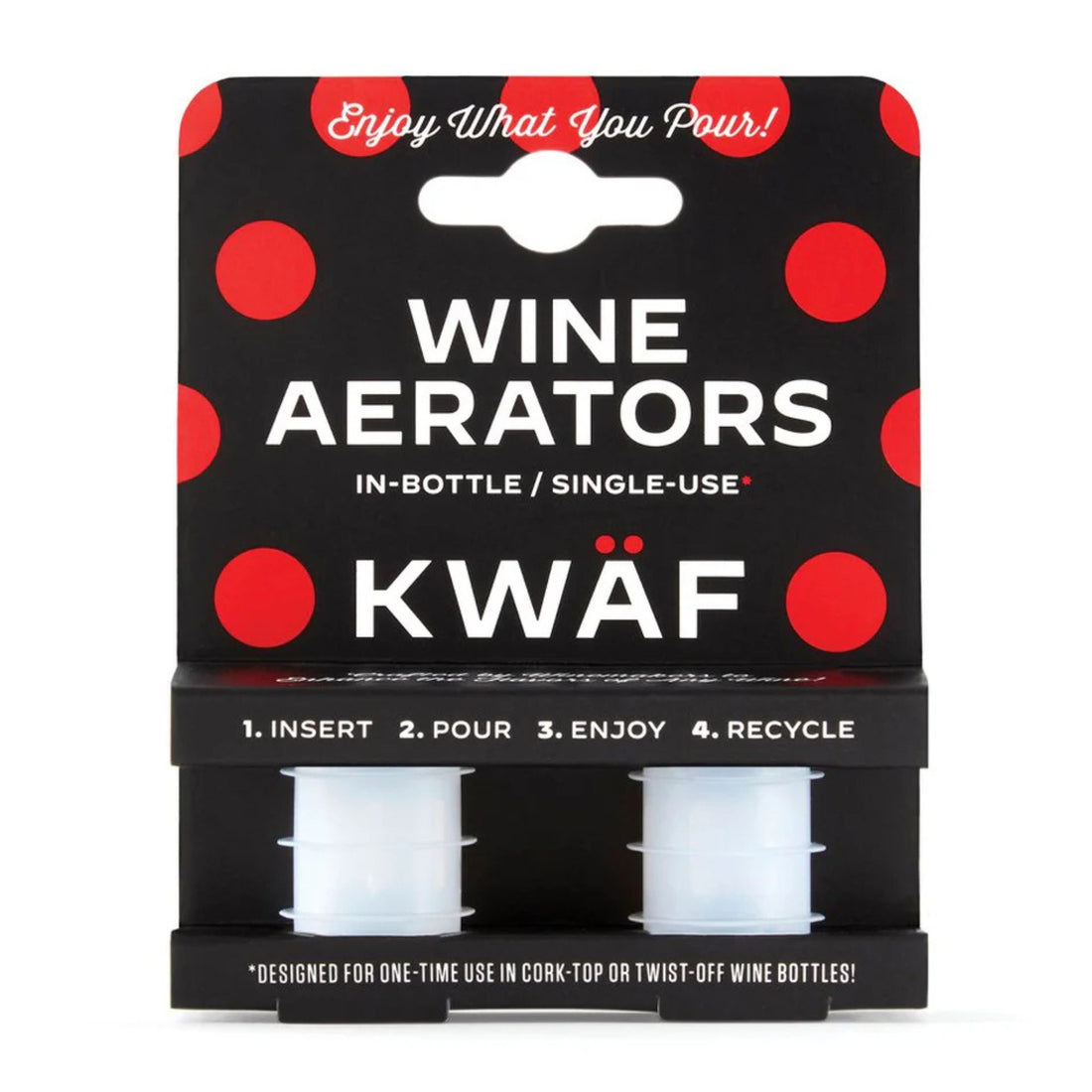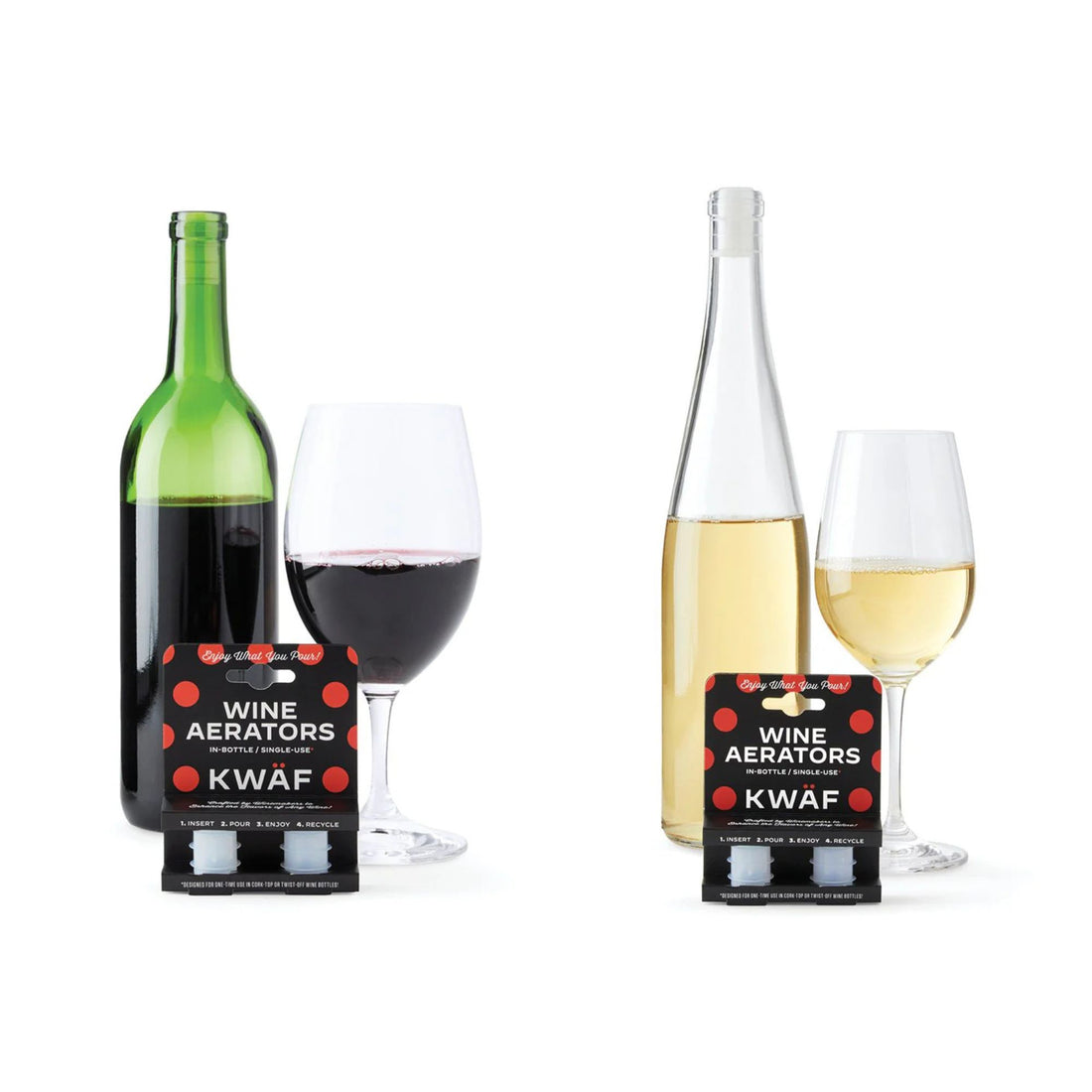When choosing a white wine that suits your taste preferences, understanding the concept of dryness is crucial. Dryness in wine refers to the level of residual sugar left after fermentation, significantly influencing its taste profile. To help wine enthusiasts navigate this aspect, the white wine dryness scale is a handy tool. This guide will delve into what the white wine dryness scale entails, how it is measured, and its significance in selecting the perfect bottle to enjoy.
What is the White Wine Dryness Scale?
The white wine dryness scale is a system used to categorize white wines based on their perceived level of sweetness or dryness. It ranges from bone dry to sweet, allowing consumers to identify their preferred taste profile quickly. Knowing where a wine sits on this scale might help you buy or order wine.
How is Dryness Measured?
Dryness in white wine is primarily determined by the residual sugar content left after fermentation. Wines with minimal residual sugar are considered dry, while those with higher sugar levels are sweeter. The white wine dryness scale typically ranges from 0 to 10, with 0 being the driest and ten the sweetest. Wines rated 0 to 3 are classified as dry, while those rated 4 to 7 are considered off-dry, and wines rated 8 to 10 are categorized as sweet.

Significance of the Scale
The white wine dryness scale provides valuable information to consumers, allowing them to select wines that align with their taste preferences. Whether someone enjoys the crisp acidity of a bone-dry wine or prefers a hint of sweetness, understanding where a wine falls on the scale ensures a more satisfying drinking experience. Moreover, it enables individuals to explore a variety of wines and broaden their palate.
How to Interpret the Scale
Interpreting the white wine dryness scale involves considering various factors beyond the numerical rating. These include the wine's acidity, alcohol content, and flavor profile. Wines with higher acidity tend to appear drier, even with some residual sugar. Conversely, wines with lower acidity may taste sweeter despite having less residual sugar. Additionally, the alcohol content can influence the perception of sweetness, with higher alcohol levels masking residual sugar.
Factors Influencing Dryness Perception
Personal Taste Preferences
Individual taste preferences significantly influence how dry or sweet white wine is perceived. Factors such as previous experiences with certain flavors, cultural background, and genetic predispositions can all affect how someone perceives the dryness of a wine. For example, someone who enjoys tart flavors may perceive a wine as drier than someone who prefers sweeter tastes, even if both drink the same wine.
Food Pairings
The food pairing can significantly impact how dry or sweet a white wine tastes. Certain foods can enhance or diminish wine's sweetness perception, affecting where it falls on the dryness scale. For instance, pairing a slightly sweet wine with spicy dishes can make it appear drier while pairing it with desserts can accentuate its sweetness. Understanding how different foods interact with wine can help individuals choose the perfect pairing and enhance their overall dining experience.

Factors Affecting Dryness Perception
Several factors can influence how dry or sweet a white wine tastes to an individual. These factors include personal taste preferences, food pairings, and serving temperature. For example, someone with a preference for sweeter flavors may perceive a wine as drier than someone who prefers dry wines. Similarly, certain foods can enhance or diminish the perception of sweetness in wine, affecting how it is perceived on the dryness scale.
Understanding the white wine dryness scale is essential for anyone exploring the world of white wine. By familiarizing yourself with this scale and its significance, you can confidently select wines that suit your taste preferences. Whether you prefer bone-dry wines or those with a hint of sweetness, the white wine dryness scale provides valuable guidance. So, the next time you shop for white wine, consider consulting the dryness scale to find your perfect match.
Elevate your wine experience with KWÄF wine aerators! Browse our top aerators to improve your favorite wines' flavor and aroma. Visit kwafwineaerators.com now and uncork the potential of every bottle! Cheers to better wine moments!

